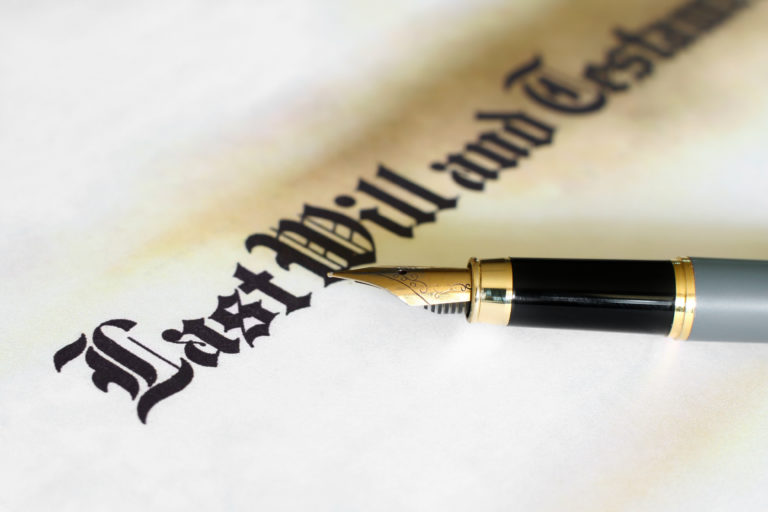
An important part of an individual’s life is taking the time to create an estate plan. Doing so allows them to plan for what happens to their assets after their life ends. Having an extensive estate plan can protect a person’s possessions and belongings. When creating an estate, people often want to write a will. A will is a legal document that acknowledges how the individual wishes to have their belongings taken care of after they pass away. An experienced attorney in Philadelphia can help you draft a will that is best for your plans.
Why is a Will Important?
Many people collect certain cherished possessions throughout a lifetime. These belongings are valuable and should continue to be taken care of and passed down through a family or loved ones after the original owner passes away. By writing a will, you are able to give these assets to people of your choosing. This can prevent any concerns or uncertainty about what might happen to your belongings without an extensive estate plan. It will also ensure the possessions you adore and deeply care about will not fall into the wrong hands.
If an individual does not create a will, they are considered to die “intestate.” Dying intestate means that there are no directions for the distribution of their assets, leaving it to be controlled by the state of Pennsylvania. If the state is in control of a person’s estate, a judge can then make any decisions regarding it and where the assets may end up. When doing so, judges often follow a succession schedule that distributes assets based on any surviving family members of the deceased.
Executing a Will
There are certain state requirements that must be followed when creating a will in order to ensure that it is valid. In the state of Pennsylvania, the person who is writing the will, also known as the “testator,” is required to be at least 18 years old. The testator also must be mentally capable of writing their own will. In order to the will to be binding, the testator must sign it in the presence of two witnesses. These witnesses may also be required to sign the will themselves.
Contesting a Will
There are some cases in which a will may be contested. That means an individual may challenge the content of a will if they believe the document may not be valid. A person may wish to contest a will if they are suspicious of any of the following:
- If there was any influence by another party
- If the deceased was not mentally competent when the will was written
- If the will was not executed properly
- If fraud or forgery took place
Contact our Firm
If you or a family member is looking to create a will for your estate and wish to speak with an experienced attorney, contact Mattleman, Weinroth & Miller, P.C., today.
The law firm of Mattleman, Weinroth & Miller, P.C., is composed of experienced defense attorneys throughout the state of New Jersey. Please contact the office for a free initial consultation and get any questions answered regarding criminal charges and procedures.

